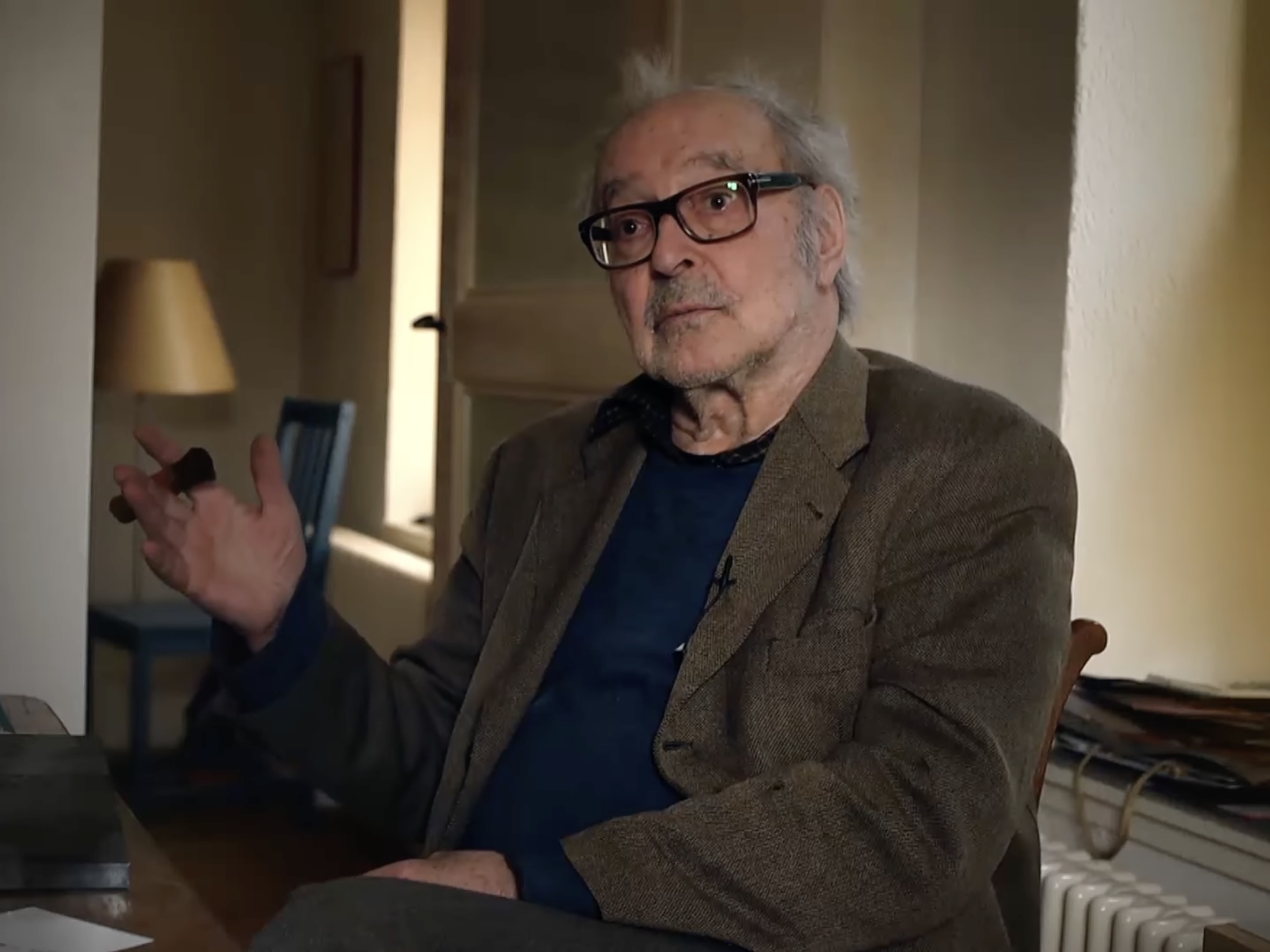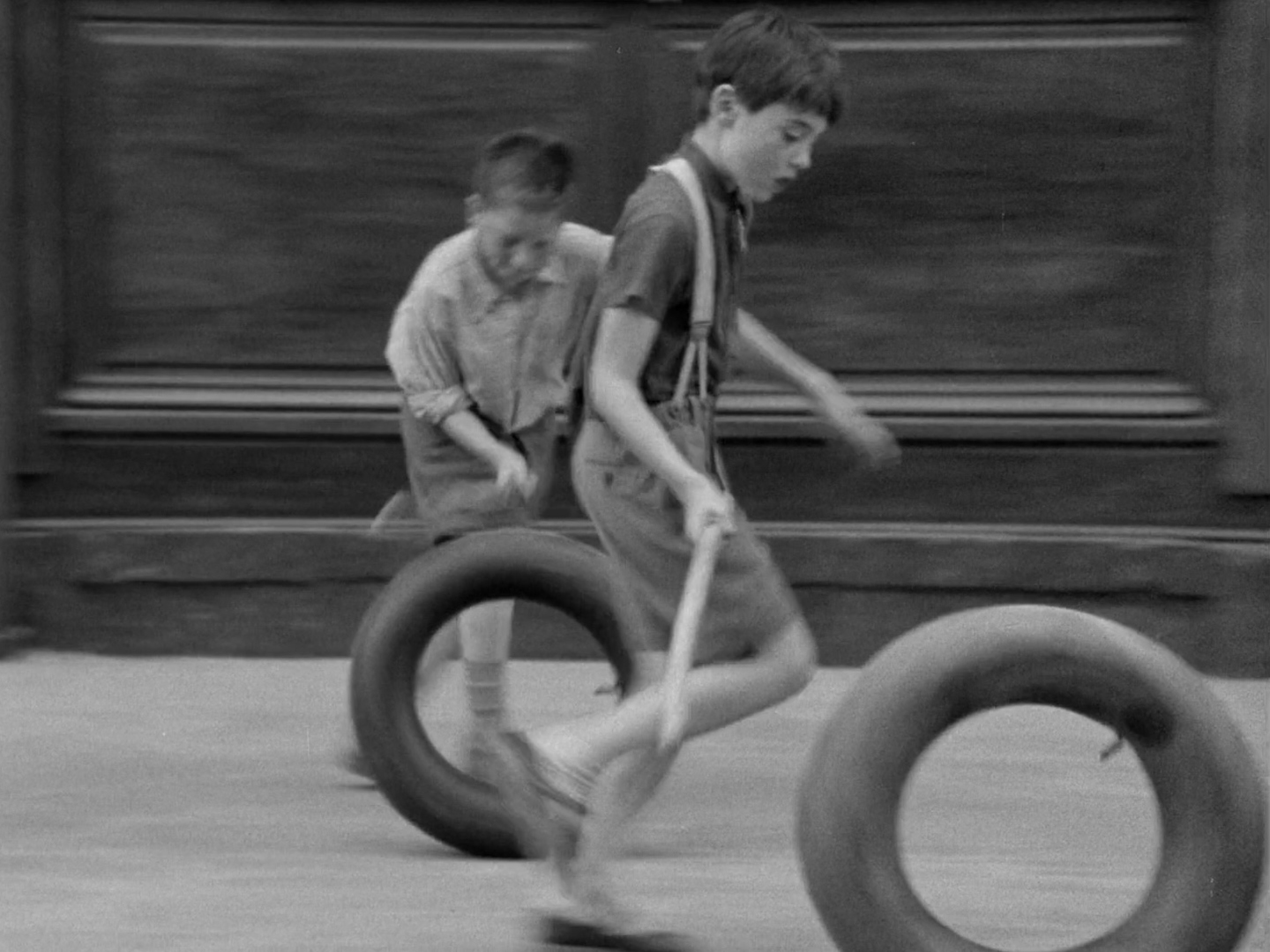Sabzian is a free online magazine that relies on the work of a group of dedicated volunteers. We could use your support. Please consider a donation! Sabzian est un magazine en ligne gratuit qui dépend du travail d’un groupe de bénévoles dévoués. Votre soutien nous aide beaucoup. Pensez à faire un don ! Sabzian is een gratis online magazine dat afhankelijk is van het werk van een groep toegewijde vrijwilligers. We kunnen uw steun goed gebruiken. Overweeg een donatie!

People Passing Through Me in an Endless Procession
An artist and engraver, Frans van de Staak (1943–2001) first encountered the power of cinema in a sequence from Michelangelo Antonioni’s Red Desert. He went on to enrol in film school and founded CINEECRI, a journal he distributed himself. Using grant money earned through graphic design, he made a series of short films in the 1970s that laid the groundwork for his cinema: early attempts to transpose texts by writers such as Korneliszoon Poot and Spinoza to the screen. Rather than striving for faithful reproduction, he filmed amateur actors in their effort to give voice to the text, judging takes more by ear than by eye.

The year 2025 marked the mournful fiftieth anniversary of the death of Pier Paolo Pasolini. After his death, Jean-Paul Sartre wrote a passionate plea for him, warning against the posthumous moralisation and simplification of his oeuvre, which he considered a threat to the radical complexity of his work and his person. “Do not pass judgement on Pasolini,” he wrote, “do not render harmless what was never meant to be harmless.” This collection of texts follows Sabzian’s recent publication WHO IS ME, a Dutch translation of Pasolini’s posthumous autobiographical text Poeta delle ceneri [Poet of the Ashes]. In that text, Pasolini writes: “No artist in any country is ever free. An artist is a living objection.” In that spirit, this collection gathers several texts on Sabzian dedicated to Pasolini’s films, his writings and his lasting legacy.
Related
Selection
Belgian Premieres and Festivals
Each month, Sabzian lists upcoming Belgian premieres, releases and festivals.


















